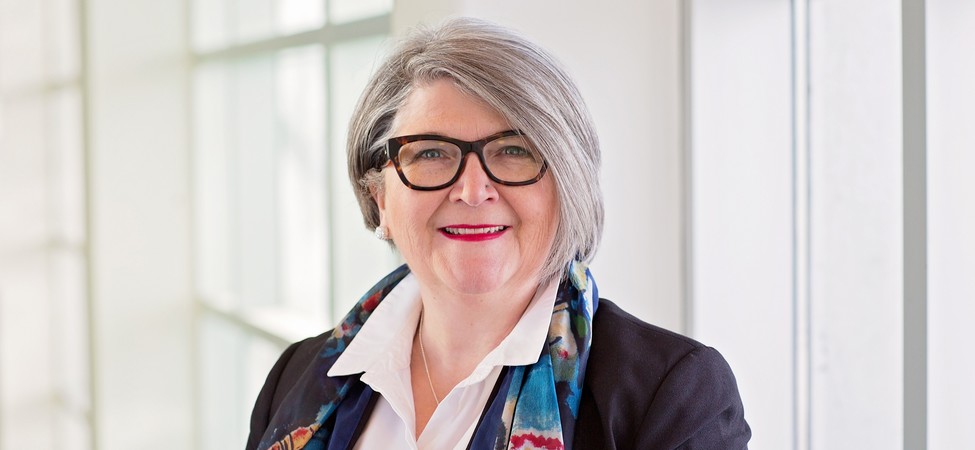Dear SUN Members,
New Year’s Eve has come and gone and 2022 is in full swing. However, what is usually a time of renewal and fresh starts is hitting differently for many this year. The hope of a year that would see the end of this pandemic has been dampened by feelings of loss, fear, and uncertainty – especially for registered nurses.
Two things need to happen to reignite the hope we all need:
- Saskatchewan must act to protect our already strained health system from the increased Omicron admissions we see elsewhere in Canada. Our healthcare centres are already overburdened by seasonal illnesses. Remember, these are the same hospitals that used bedsheets hanging from the rafters to create hospital rooms BEFORE the pandemic. I fear that more Scotch tape and clothespins will not get us through the Omicron wave.
- We need to address our critical registered nurse shortages today.
Omicron is extremely infectious and spreads like wildfire. Explosive outbreaks are becoming nearly impossible to track. Saskatchewan’s 811 HealthLine and testing capacity are completely overwhelmed, having seen wait times of up to eight hours Other provinces, who are just a few weeks ahead of us, have already hit record high hospitalizations.
What hasn’t changed is our government’s unwillingness to pre-emptively act to slow virus spread and protect the health system. Saskatchewan is the only province without new health measures in response to Omicron, instead choosing to gamble with a “wait and see” approach. Our failure to learn from the system-crippling fourth wave is disappointing, but not unsurprising, and once again leaves health professionals feeling unheard.
“Saskatchewan is the only province without new health measures in response to Omicron, instead choosing to gamble with a “wait and see” approach. Our failure to learn from the system-crippling fourth wave is disappointing, but not unsurprising, and once again leaves health professionals feeling unheard.”
The press conference held by Premier Moe and Dr. Shahab on Wednesday, January 12, did not instill much confidence. It was disheartening to hear our premier say that we need to expect and accept hospitalization increases when we are already operating at or over capacity. Creating relief in one area with a surge plan will have the opposite effect elsewhere in the system because there simply aren’t enough human health resources to deal with additional patient influxes.
Worsening system pressures and registered nurse shortages also remain constants, and I am deeply concerned.
A recent University of Regina survey found that more than one quarter (27 percent) of Saskatchewan nurses experienced serious psychological distress during the pandemic, and 45% have considered leaving the profession in the past 12 months. SUN’s last survey of members found that one in five (20 percent) members are eligible to retire.
A Statistics Canada report for the third quarter of 2021 showed 330 vacant professional nursing jobs in the province, up from 220 in the previous quarter. This explains the hundreds of posted vacant registered nursing positions especially in the rural, northern, acute and specialty areas of care, and the up to 200 vacant shifts in a single week sometimes seen in Saskatoon’s tri-city emergency rooms. The situation is critical, deteriorating, and needs urgent intervention.
“It was disheartening to hear our premier say that we need to expect and accept hospitalization increases when we are already operating at or over capacity.”
Addressing our nurse staffing crisis and the looming threat of even greater shortages is a SUN priority. It’s going to require a multipronged health human resource strategy that encompasses an examination of nursing education seats, new grad preceptorship and retention, rural recruitment and retention, investment in specialty training, and partnering with indigenous communities.
Right now, SUN continues to advocate for stronger health measures to slow the spread of Omicron. In other jurisdictions, governments are listening to their health professionals and imposing gathering restrictions. In Saskatchewan, our own Dr. Shahab has called for the public to cease gatherings. The direction of health experts is clear – it’s time our government listened.
"A recent University of Regina survey found that more than one quarter (27 percent) of Saskatchewan nurses experienced serious psychological distress during the pandemic"
SUN will also work to encourage vaccination and boosting and help to combat misconceptions that Omicron poses less of a threat to our health system because it may cause milder illness in some cases. Mild or not, Omicron is overwhelming health systems around the world.
You, as one of Saskatchewan’s most trusted health voices, have the power to do the same. Speak to your MLAs, your families, and your friends. Encourage them to demand better from leaders. We must also use our experience to dispel misinformation, which has proven to be one of our greatest barriers.
It’s clear, we have a ton of work ahead of us, but we are not afraid of hard work, and we have all of you to look to as inspiration. I know you may be struggling right now, and how could you not? What has been asked of you – and of all healthcare workers – feels heavier and heavier to carry. This is why I wanted to check in. I wanted to remind you that your Union is here for you and that you are not alone in this fight.
For every single one of our 11,000 SUN members, we demand better.
In solidarity,
Tracy Zambory, RN
President, Saskatchewan Union of Nurses




